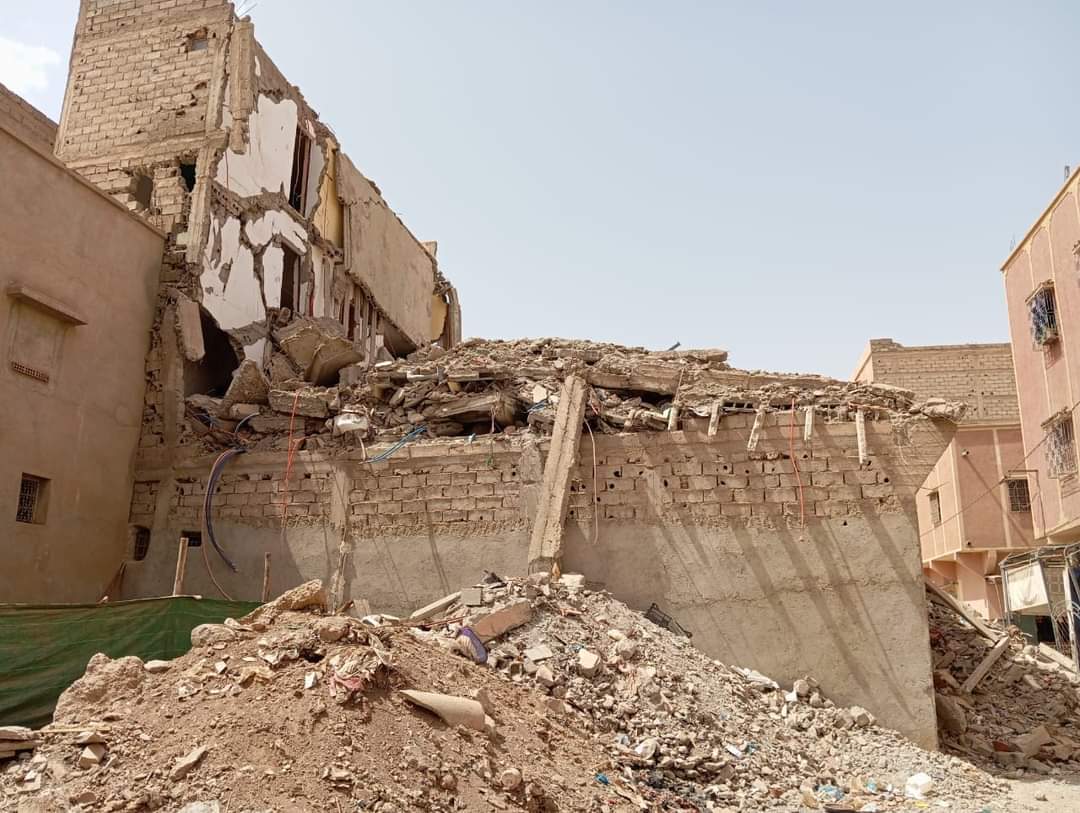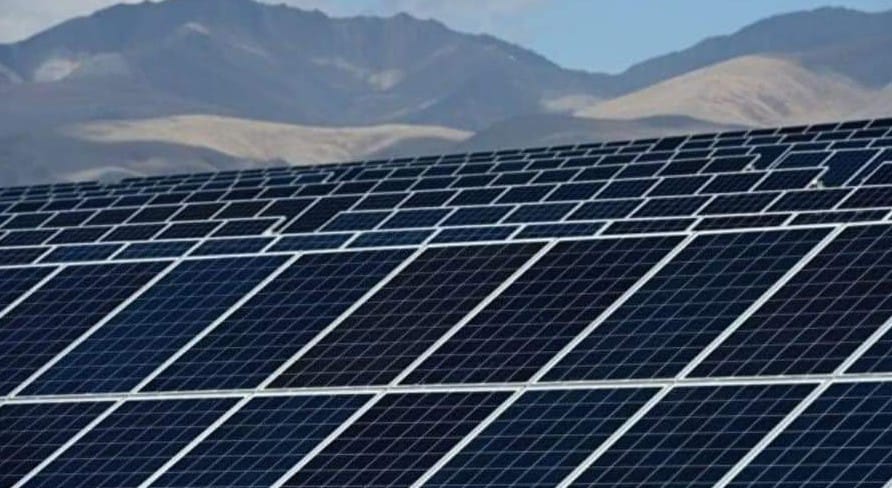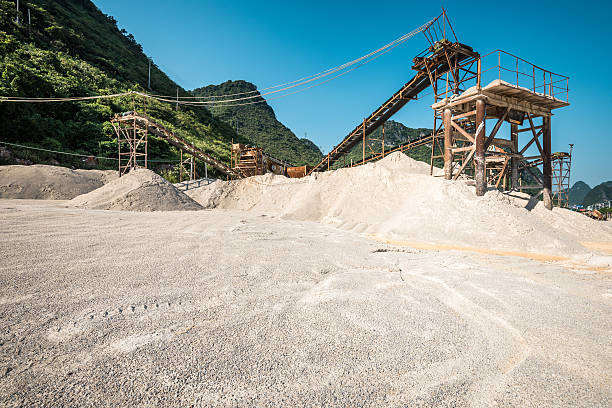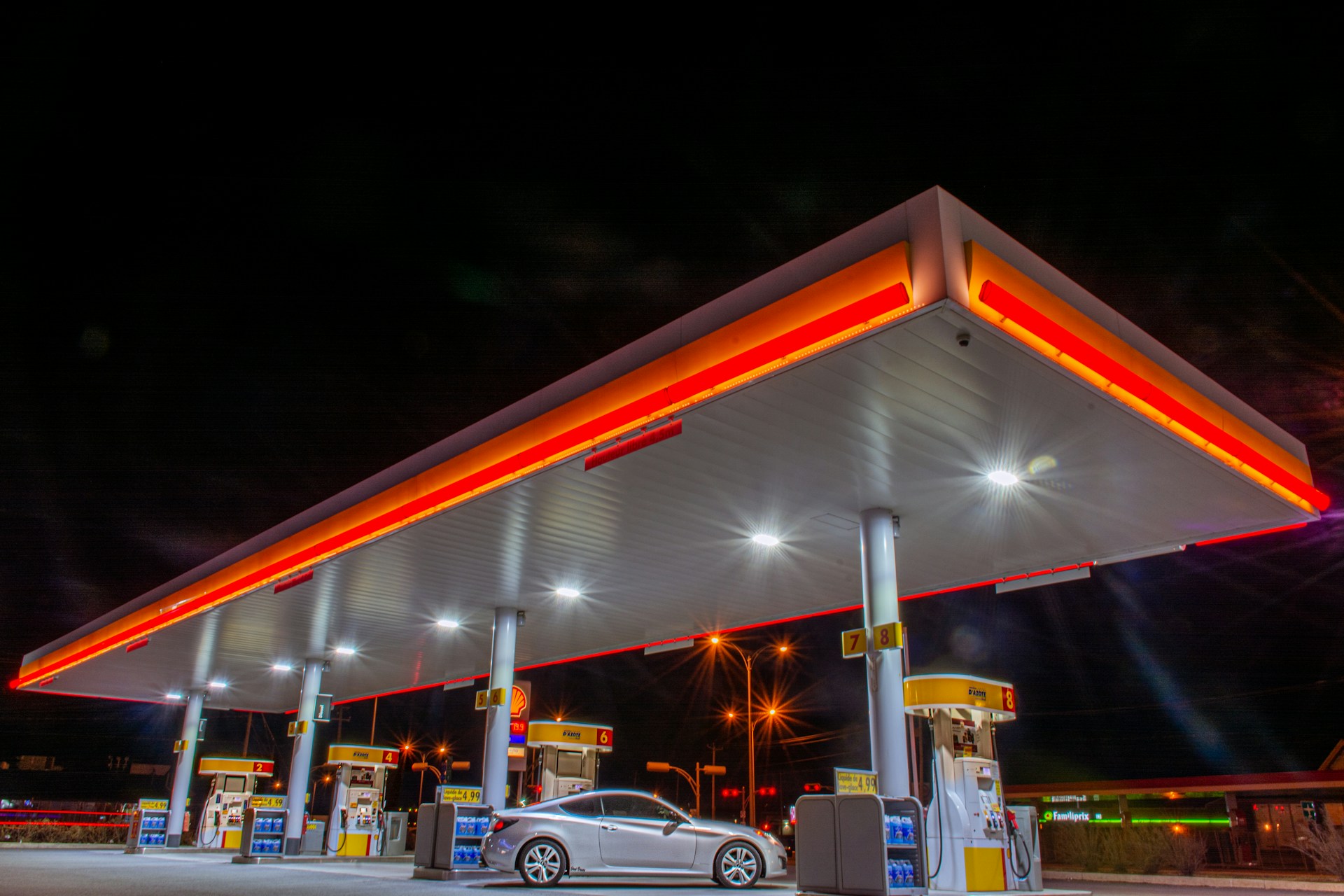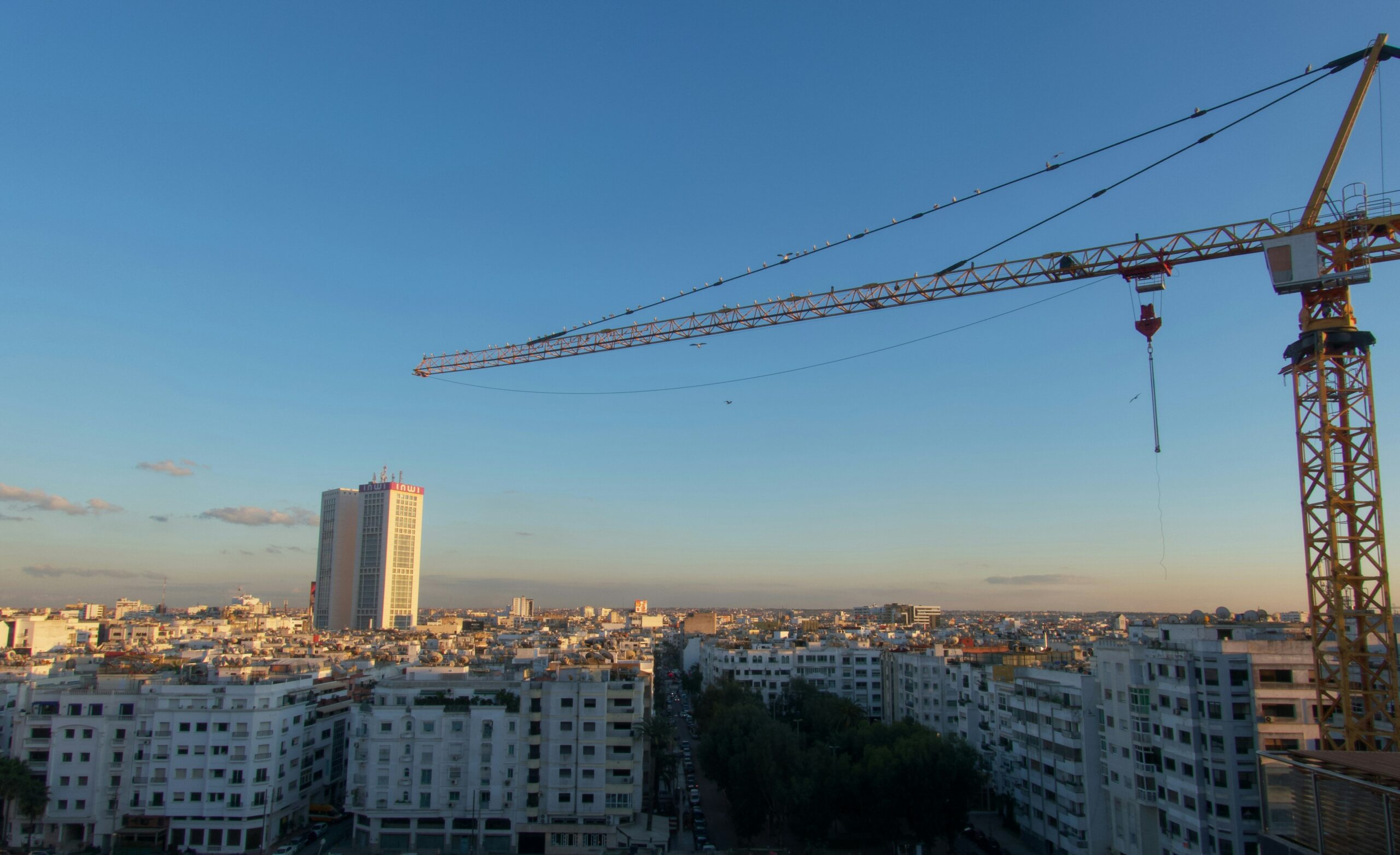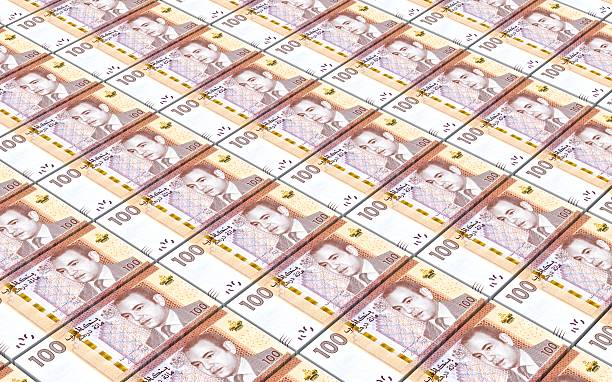Casablanca – The European Investment Bank (EIB) announced the signing of a $540 million loan agreement to support the reconstruction efforts in Morocco following the devastating earthquake that struck on September 8, 2023. This funding represents the first tranche of a total allocation of $1.1 billion designated for rebuilding essential infrastructure in the regions most affected by the disaster.
The agreement was signed with the Moroccan Ministry of Economy and Finance, with representatives from several other ministries, including Education, Equipment and Water, and Health, also present. This initial funding aims to address urgent needs in the aftermath of the earthquake, facilitating the restoration of vital services and infrastructure.
The EIB’s commitment highlights its ongoing support for Morocco in its reconstruction efforts, focusing on three main areas: rehabilitating schools, hospitals, and road networks in the hardest-hit regions; enhancing seismic standards to improve resilience against future disasters; and incorporating sustainable energy solutions to address climate change challenges and promote energy efficiency.
Additionally, the project includes a technical assistance grant to aid in its implementation, ensuring a robust framework for sustainable reconstruction. The EIB emphasizes that this initiative aligns with its climate priorities and the Sustainable Development Goals (SDGs), particularly those related to quality education, health and well-being, and climate action.
Ioannis Tsakiris, Vice President of the EIB, remarked on the significance of this funding, stating that it exemplifies the bank’s commitment to supporting its partners during crises. He underscored the goal of restoring decent living conditions for residents in the affected regions by providing modern infrastructure that meets international standards.
This loan agreement is part of a broader partnership between the EIB and Morocco, reaffirming the bank’s dedication to assisting the country in its ecological transition, promoting inclusive socio-economic development, and enhancing resilience to future challenges, particularly natural disasters. The collaboration reflects a mutual trust and a shared commitment to achieving long-term sustainable development goals for the Kingdom of Morocco.






